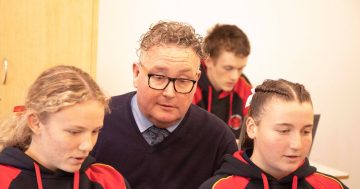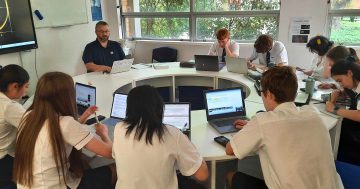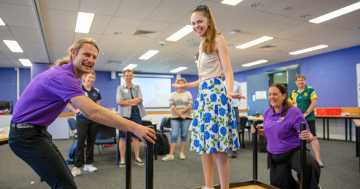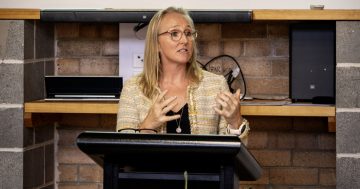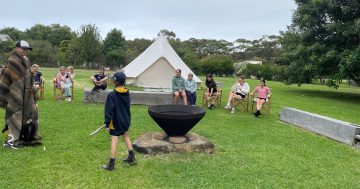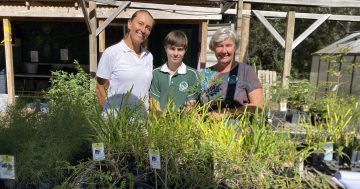
Some school systems are switching to high-impact teaching to lift standards. Photo: File.
As thousands of school children return to the classroom this week and others start their educational journey, it’s worth remembering just how important teachers are to their success.
Despite the internet, devices and electronic whiteboards, it is still the teacher who is key to your child’s education.
Just about everyone has memories of, or heard about, a teacher who made a difference, who changed the course of someone’s life for the better.
The modern classroom has come a long way since the ‘chalk and talk’, rote learning ways of the past. In fact, in some ways it has developed in reaction to methods that had little time for curiosity or creativity, where the relationship could be one-way and in the worst instances tyrannical.
These days it’s all about learning to learn, instilling curiosity and encouraging autonomy. Student-led inquiry – designed to provide deep learning, promote self-discovery, and give children agency and a say in their own education – is fundamental to modern classrooms.
Yet as admirable as this may sound, a reappraisal of the approach is taking place in Australia and overseas, particularly when children are not from well-resourced, middle-class families who already feel confident in themselves and their ability to achieve.
In some areas, literacy levels are falling away, with some children progressing into high school struggling to read or write.
Lacking in motivation, growing up with little language spoken at home or books on the shelves, not to mention the resources required to feed the project-based learning they may encounter at school, these children, more often than not in disadvantaged regional areas or neglected city suburbs, are falling through the cracks.
In mainly well-off, well-educated families, the drawbacks of the student-led inquiry approach are more likely to be hidden, but even in households where education is valued children are flailing.
How many parents are exacerbated by the demands of so-called integrated class projects and assignments that rely on research skills that seem beyond their years and family resources?
Or how, despite the growing emphasis on STEM, mathematics continues to mystify many children who opt for softer subjects by college years.
Unless identified early, and some students can be clever enough to cover up the fact that they are all at sea, it’s a problem that can compound as years go by, as essential learning milestones are missed.
This is where the cry of ‘back to basics’ is usually raised, but that is based more on nostalgia than anything else.
Some prefer to call an alternative approach to better engage students ”high-impact teaching” in which the teacher takes a more interventionist role, with more structured learning, explicit teaching, worked examples, collaborative learning, practice, questioning and feedback.
What also has to be questioned about student-led inquiry is whether it is being applied in line with the stages of childhood and a genuine understanding of children’s actual capacities.
Are the basic foundations of learning being laid so all students can undertake appropriate research confidently?
Where should responsibility lie, and what may we be burdening children with?
What biases are inherent in student-led inquiry and whom does it favour?
It is not as if all teaching approaches are mutually exclusive or that there is only one way to learn, or all children are the same.
There is no one size fits all, but the families for whom education is a ticket to another life for their children may be most disadvantaged by a reliance on student-led inquiry.
Most education departments will argue their schools are already delivering a multi-pronged approach, but the bottom line is that we send our kids off to school to be taught, not to run their own education, and for some, the stakes are higher than others. We should not fail them.
Original Article published by Ian Bushnell on The RiotACT.






